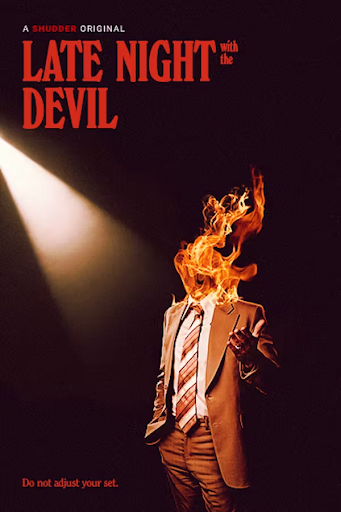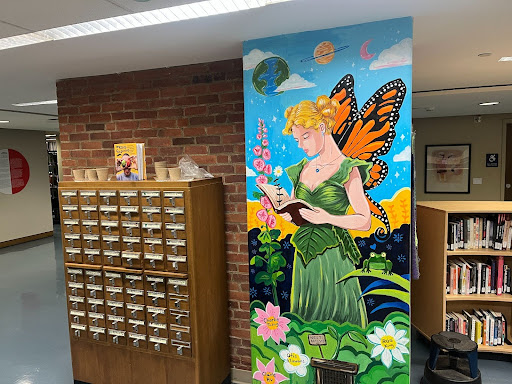TRIP SLAYMAKER ’18
A&E EDITOR
When something is called Kafkaesque, it usually means that the thing being described is unusual and unknowable. Bizarre and convoluted. But most of all, the word is a reference to the works of Franz Kafka- an altogether more specific and more meaningful etymology. Kafka lived a psychologically driven life gilded by the strange words of his writings.
A German writer-philosopher who rose to prominence in the early twentieth century, Kafka wrote novels and short stories that were packed full of obscure but powerful quotes. He also wrote mantras about the slapdash nature of existence, and the sense of lostness and alienation that plagued him through all of his days.
Kafka’s words and influence are many and influential. Take this gem for instance: “Self-control is something for which I do not strive. Self-control means wanting to be effective at some random point in the infinite radiations of my spiritual existence.” In other words, this was a man who did not work very hard to fit in.
It is a difficult task for any person to try to match Kafka at his work, but Michael Preston, professor of Theater and Dance, has been hard at work with his wife, Barbara Kauger, in an effort to do just that. Preston is the director of ‘“Funny You Should Ask” The Kafka Project’, which runs from Nov. 5-7 at Austin Arts Center.
The two theater scholars chose this particular piece of experimental theater after many months researching the influential writer. When asked about the significance of this play when compared to any other option, Preston responded intricately: “I try and choose pieces that both interest me but that I also feel are relevant to students. My wife and I have been researching Kafka and our interest in how his work is full of humor and I believe that his particular mixture of humor and tragedy speaks to a college population and taps into the absurdism prevalent in our lives.”
The idea of this kind of absurdism in the format of a theatrical production begs many additional questions; Kafka’s work is known after all for being strange and surreal: exactly how could this play be formatted in such a way that it will translate the warped and comedic works of Kafka to the stage?
Preston responsed, explaining, “it is a play seen through a fun house mirror. It uses text from Kafka’s writing, in particular his short stories and mixes in classic vaudeville routines and silent film scenes. These are there because he was interested in both theater and silent film and wanted his writings to affect people as strongly as these other forms did.”
Trinity’s theater program has rarely attempted to tackle a more complex piece of theater than this. The “Kafka Project” was created by Preston and his students, and hopes to invoke and arrange the writings and concepts of Kafka in a way that might reach and affect the audiences who will see it performed.
“It’s not a traditional play,” says Preston of the end result of his work. “But, I hope that it will be both accessible and enjoyable. It is trying to unearth some deeper truths about death, schooling, love and life, but uses humor to do it.”
The Kafka Project uses many methods to communicate its themes —even ghosts play a role from time to time. With everything in place and waiting for the curtain to rise at Austin Arts this week, the stage is set for Kafka’s own spirit to make an appearance in one way or another. Here’s hoping.
Friday, June 7 2024
The Student Newspaper at Trinity College in Hartford, Connecticut









+ There are no comments
Add yours